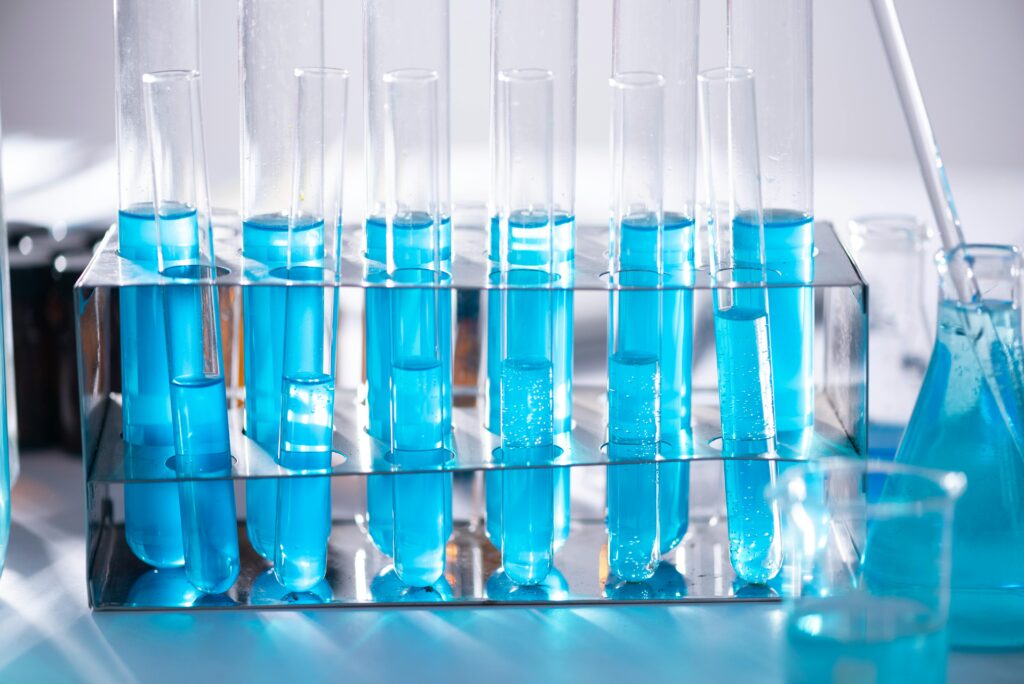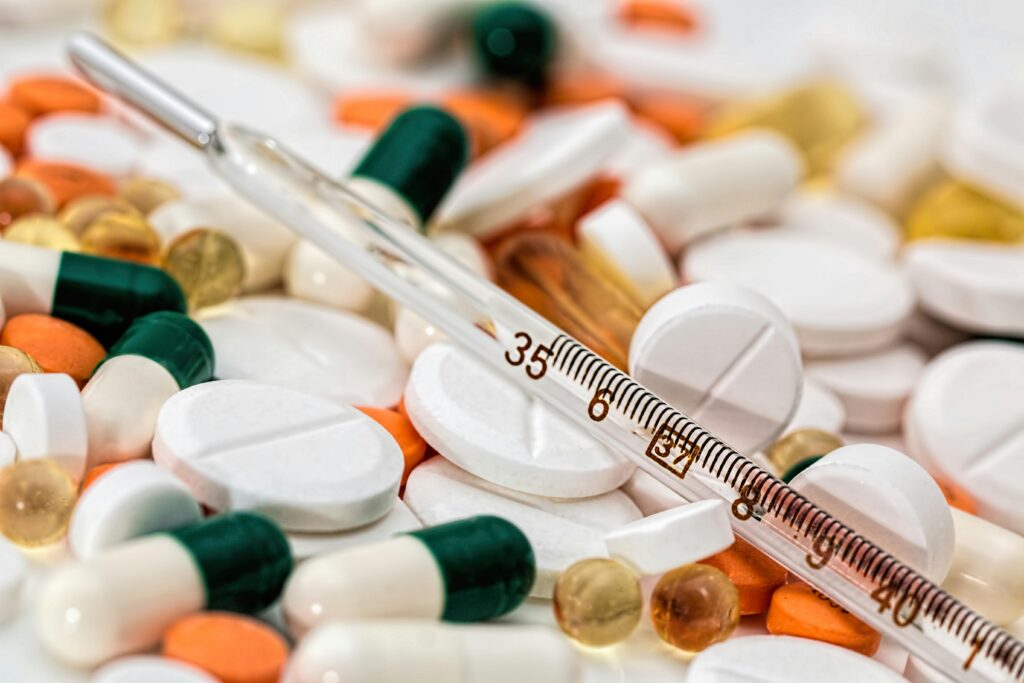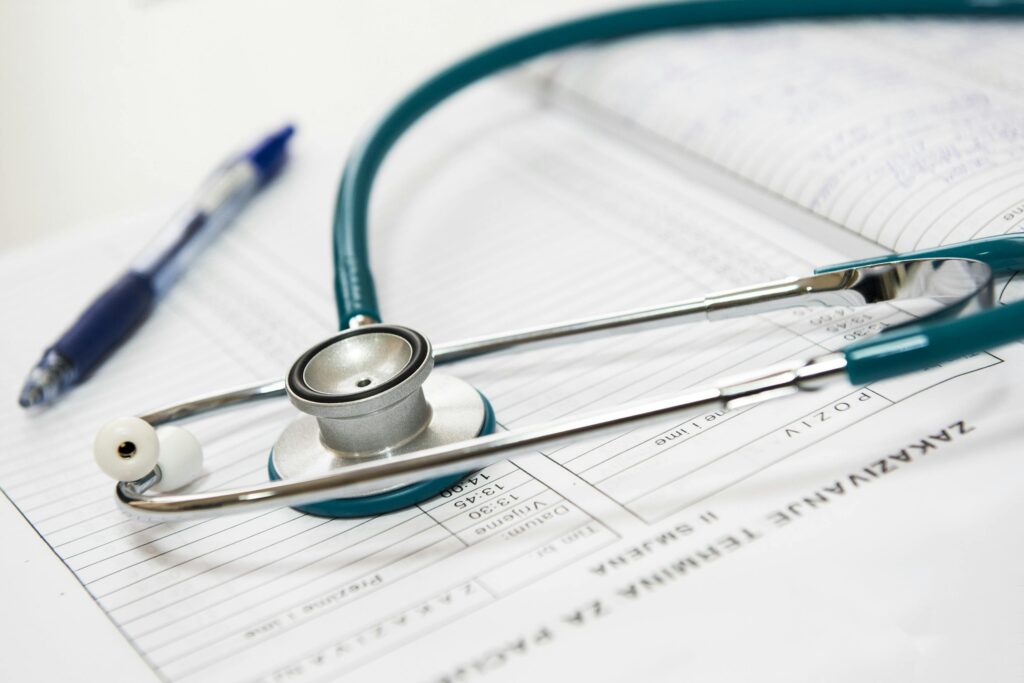Discover everything you need to know about nephrology in this comprehensive guide. Learn about kidney functions, common diseases, symptoms, diagnosis, treatment options, and preventive measures to maintain optimal kidney health. Stay informed and take proactive steps for a healthier life.
Introduction to Nephrology
What is Nephrology?
Nephrology is the branch of medicine that focuses on the kidneys. These vital organs are responsible for filtering waste and excess fluids from the blood, which are then excreted as urine. Nephrologists are specialists who diagnose and treat kidney-related diseases and conditions.
Importance of Kidney Health
Kidney health is crucial because these organs play a significant role in maintaining overall bodily functions. Without properly functioning kidneys, waste products and excess fluids can build up, leading to severe health issues. Keeping your kidneys healthy is essential for your well-being and longevity.
Functions of the Kidneys
Filtration of Blood
The primary function of the kidneys is to filter blood. They remove waste products, toxins, and excess substances like sodium and potassium from the bloodstream. This filtration process is vital for maintaining a stable internal environment.
Regulation of Blood Pressure
The kidneys help regulate blood pressure by controlling the volume of blood (by adjusting the amount of water excreted) and by releasing the enzyme renin, which helps regulate blood pressure levels.
Balancing Electrolytes
Kidneys play a crucial role in maintaining the balance of electrolytes, such as sodium, potassium, and calcium, which are essential for the proper functioning of muscles, nerves, and other tissues.
Hormone Production
The kidneys produce hormones like erythropoietin, which stimulates red blood cell production, and calcitriol, the active form of vitamin D, which helps maintain healthy bones.

Common Kidney Diseases
Chronic Kidney Disease (CKD)
Chronic Kidney Disease is a long-term condition where the kidneys do not function effectively. It can progress to end-stage renal disease (ESRD), where dialysis or a kidney transplant is required.
Acute Kidney Injury (AKI)
Acute Kidney Injury is a sudden loss of kidney function, often due to an injury, severe infection, or reaction to medication. AKI requires immediate medical attention to prevent permanent damage.
Glomerulonephritis
This is an inflammation of the glomeruli, the tiny filters in the kidneys. It can be caused by infections, autoimmune diseases, or other conditions and can lead to chronic kidney damage if not treated.
Polycystic Kidney Disease (PKD)
PKD is a genetic disorder characterized by the growth of numerous cysts in the kidneys. These cysts can enlarge the kidneys and impair their function, potentially leading to kidney failure.
Symptoms of Kidney Problems
Early Signs
Early symptoms of kidney problems can be subtle and may include fatigue, difficulty concentrating, poor appetite, trouble sleeping, muscle cramping, swollen feet and ankles, puffiness around the eyes, and dry, itchy skin.
Advanced Symptoms
As kidney disease progresses, symptoms may become more apparent and severe, including nausea, vomiting, loss of appetite, changes in urine output, fluid retention, shortness of breath, and high blood pressure.
When to See a Doctor
It’s important to consult a doctor if you experience any symptoms of kidney problems, especially if you have risk factors such as diabetes, high blood pressure, or a family history of kidney disease.
Diagnosis of Kidney Diseases
Blood Tests
Blood tests, such as serum creatinine and blood urea nitrogen (BUN), measure the levels of waste products in the blood and help assess kidney function.
Urine Tests
Urine tests can detect abnormalities, such as protein or blood in the urine, which may indicate kidney disease.
Imaging Tests
Imaging tests like ultrasound, CT scans, and MRI provide detailed pictures of the kidneys and can help identify structural abnormalities or obstructions.
Biopsy
A kidney biopsy involves taking a small sample of kidney tissue for examination under a microscope to diagnose specific conditions and determine the extent of kidney damage.

Treatment Options for Kidney Diseases
Medications
Medications can help manage symptoms and slow the progression of kidney disease. Common treatments include blood pressure medications, diuretics, and medications to control blood sugar levels.
Dialysis
Dialysis is a treatment that performs the function of the kidneys by filtering waste products and excess fluids from the blood. It is necessary for patients with severe kidney failure.
Kidney Transplant
A kidney transplant is a surgical procedure where a healthy kidney from a donor is placed into a patient with kidney failure. It can significantly improve the quality of life and is often the preferred treatment for end-stage kidney disease.
Lifestyle Changes
Lifestyle changes, such as maintaining a healthy diet, exercising regularly, staying hydrated, and avoiding harmful substances like tobacco and excessive alcohol, are crucial in managing kidney disease.
Preventing Kidney Disease
Healthy Diet
A balanced diet rich in fruits, vegetables, whole grains, and lean proteins can help maintain kidney health. Limiting salt, sugar, and processed foods is also beneficial.
Regular Exercise
Regular physical activity helps maintain a healthy weight and blood pressure, reducing the risk of kidney disease.
Staying Hydrated
Drinking plenty of water supports kidney function by helping to flush out toxins and prevent the formation of kidney stones.
Avoiding Smoking and Excessive Alcohol
Smoking and excessive alcohol consumption can damage the kidneys and increase the risk of kidney disease. Quitting smoking and limiting alcohol intake can protect kidney health.

The Role of a Nephrologist
What Nephrologists Do
Nephrologists are doctors who specialize in diagnosing and treating kidney diseases. They manage patients with kidney problems, including those on dialysis or who have had a kidney transplant.
When to See a Nephrologist
You should see a nephrologist if you have symptoms of kidney disease, risk factors such as diabetes or high blood pressure, or if your primary care doctor recommends further evaluation.
Living with Kidney Disease
Managing Symptoms
Managing kidney disease involves adhering to treatment plans, taking prescribed medications, monitoring blood pressure, and following dietary recommendations.
Support Systems
Having a strong support system, including family, friends, and healthcare professionals, can help patients cope with the challenges of kidney disease.
Coping Strategies
Coping strategies, such as joining support groups, seeking counseling, and staying informed about the condition, can help patients manage the emotional and psychological aspects of kidney disease.
Innovations in Nephrology
Advances in Treatment
Recent advances in nephrology include new medications, improved dialysis techniques, and innovative surgical procedures that enhance patient outcomes.
Research and Clinical Trials
Ongoing research and clinical trials are crucial for developing new treatments and improving existing therapies for kidney disease.
Future of Kidney Health
The future of kidney health looks promising with advancements in regenerative medicine, artificial kidneys, and personalized treatment approaches.
Diet and Kidney Health
Foods to Eat
Foods that support kidney health include fruits, vegetables, whole grains, and lean proteins. It’s important to choose foods low in sodium, phosphorus, and potassium if you have kidney disease.
Foods to Avoid
Avoid foods high in salt, sugar, and unhealthy fats. Processed and packaged foods often contain high levels of sodium and should be limited.
The Role of Sodium and Potassium
Maintaining balanced levels of sodium and potassium is vital for kidney health. Too much sodium can increase blood pressure, while excessive potassium can be harmful if kidney function is impaired.
Exercise and Kidney Health
Types of Beneficial Exercise
Moderate exercises, such as walking, swimming, and cycling, are beneficial for maintaining kidney health. They help manage weight, blood pressure, and overall well-being.
Exercise Tips for Kidney Patients
Kidney patients should consult their doctor before starting any exercise regimen. It’s essential to start slowly, stay hydrated, and listen to your body to avoid overexertion.
Kidney Health Myths
Common Misconceptions
There are many myths about kidney health, such as “You only need to worry about kidney health if you have symptoms” or “Drinking cranberry juice prevents kidney disease.”
Fact vs. Fiction
Understanding the facts about kidney health is crucial. For example, while cranberry juice can help prevent urinary tract infections, it does not cure kidney disease.
Frequently Asked Questions about Nephrology
- What are the early signs of kidney disease?
- Early signs include fatigue, difficulty concentrating, poor appetite, and muscle cramping.
- Can kidney disease be cured?
- While chronic kidney disease cannot be cured, its progression can be managed with proper treatment and lifestyle changes.
- How often should I get my kidneys checked?
- If you have risk factors for kidney disease, regular check-ups with your doctor are essential. Otherwise, routine annual physicals should include basic kidney function tests.
- Is dialysis painful?
- Dialysis itself is not typically painful, but some patients may experience discomfort during the procedure.
- What foods should I avoid if I have kidney disease?
- Limit foods high in sodium, potassium, and phosphorus, such as processed foods, dairy products, and certain fruits and vegetables.
Conclusion
In conclusion, maintaining optimal kidney health is vital for overall well-being. Understanding the functions of the kidneys, recognizing the symptoms of kidney problems, and taking proactive steps to prevent and manage kidney disease can lead to a healthier, more fulfilling life. Regular checkups, a healthy lifestyle, and staying informed about advancements in nephrology are key components of kidney health.
